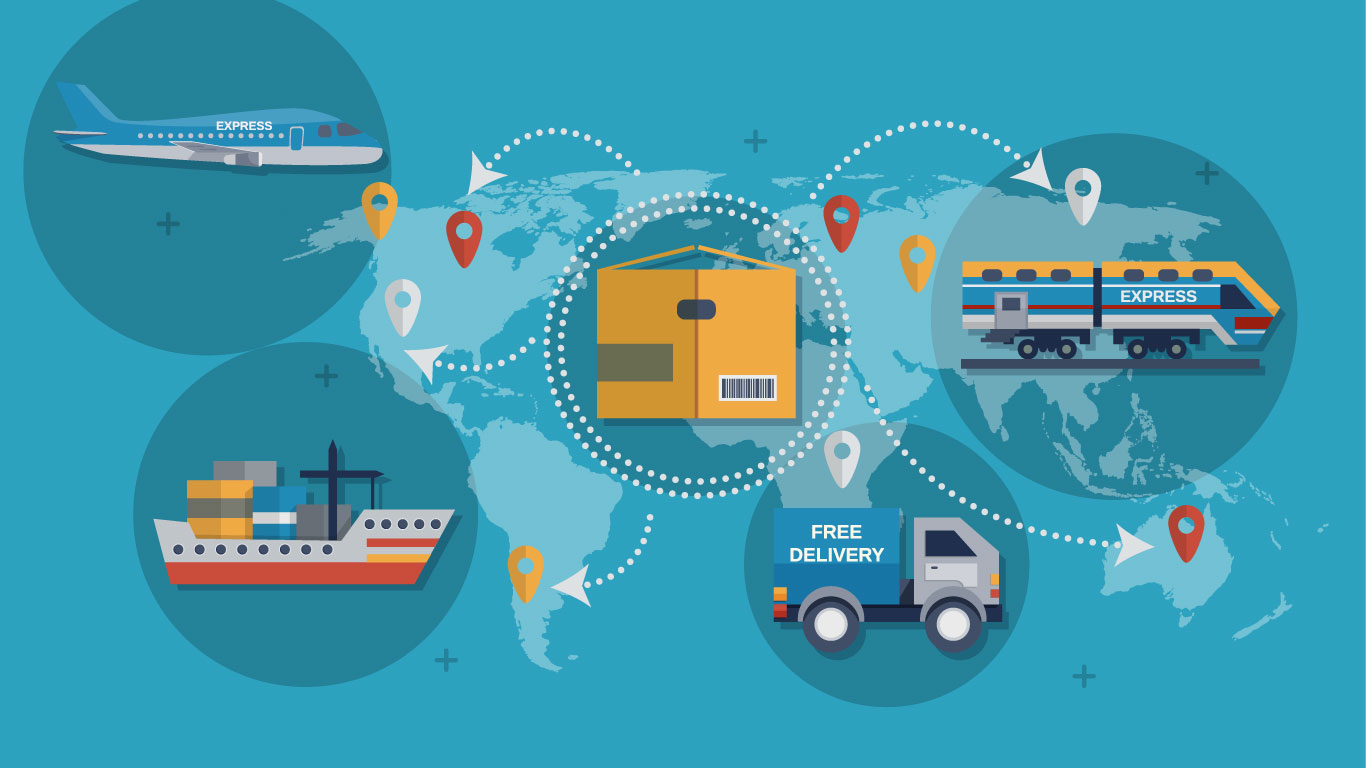

The COVID-19 global pandemic created a myriad of challenges across every industry. In the international shipping industry, the pandemic permanently changing the way we operate our businesses. Before the global pandemic, the freight markets and international shipping industries faced severe challenges in global trade. Victor Restis, president of Enterprises Shipping & Trade S.A., pointed out that issues of 2019 didn’t disappear and were only exasperated by COVID-19.
In the early days of the virus, ports in China, Hong Kong, and India were among the first areas to restrict movement through their ports. The U.S. and Europe followed suit shortly after, and both the markets and the vessel operations slowed significantly. The dry bulk sector, which was already experiencing a significant recession, was affected the worst, bringing rates to historic lows. And it got worse from there. In the early months of the pandemic, analysis from Sea Intelligence showed container lines were suffering losses of between $300m and $350m per week as a result of the virus putting a halt on global business, restricted borders, and decreased traffic.
A Highly Competitive Landscape Turned Re-defined
Business processes pre-COVID-19 were already under a microscope as a large sector of shipping enterprises leaned more on their 3PL partners to drive down costs and improve business processes. The pressures placed on shipping and intermodal supply chain movement wre quite high during the pandemic as provisions became scarce, and increased demand for critical medical supplies increased dramatically. When the virus sent shockwaves through every industry, which rattled shipping enterprises and supply chain touchpoints. Response strategy plans were quickly implemented to meet a worst-case scenario situation. Seafarers, operations, communications, and head office functions were re-defined overnight, and the pressures to have dry and wet bulk goods delivered accurately and on-time increased tenfold.
Recovering from the COVID-19 Crisis
A year into the pandemic and the world is still grappling with the pandemic, and the distribution of the vaccine. While this has been a global issue, scientists have been able to buy dry ice to create specialists dry ice boxes to speed up global distribution of the vaccine. This has meant that many countries are re-opening their economies, lifting restrictions to movement, and learning to conduct “business as usual” under the omnipresent threat of COVID-19. Others are experiencing surges and finding new strains of the virus that are keeping businesses and economies in lock-down. The business of international cargo shipping and all the related micro-industries is no different. The entire system was put on notice during COVID-19, but it performed exceptionally well considering its adversary and the global interruptions it delivered. As an incredibly intricate industry, one break in the chain can have devastating effects throughout the entire system. In my opinion, two areas need to be secured in the wake of this pandemic.
Horizons on the Mend
Given all the challenges we faced pre-COVID-19 and watching how the international shipping industry performed from the early days to today, there should be consumers and industry confident in the ability to rise and meet the challenges we may face. The issue is going forward will be how nation’s decide to break away from product and production dependency on larger nations, especially for its essential items including medicines and medical equipment. However that plays out, the international shipping and trade industry will remain strong.
